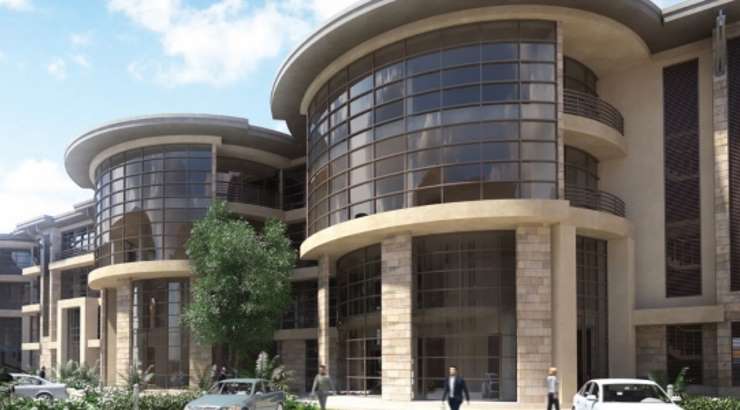Commercial Projects
Suraya Launches Spring Valley Business Park in Nairobi
Phase one of the project is expected to be completed in one and a half years.

Suraya Property Group is making its entry into the lucrative commercial property market with a state-of-the-art development dubbed Spring Valley Business Park.
The business park located along Lower Kabete Road, about a five-minute drive from Westlands, will comprise five office blocks in phase one and a four-star hotel in phase two.
Phase one of the Spring Valley Business Park, whose groundbreaking is scheduled for mid-June, is expected to be completed in one and a half years.
According to Suraya Property Group CEO, Pete Muraya, the Silver Valley will be a low-density, high-quality development that will not allow high-traffic businesses such as public supermarkets.
“Among Spring Valley’s main targets are banks which offer VIP corporate banking, a trend catching up fast and serves only a handful of persons at a given time reducing congestion at the business park,” said Mr Muraya.
In its construction, Spring Valley Business Park will borrow much from green technology to keep up with the latest trends.
“The buildings are eco-friendly with rainwater harvesting and re-use of grey water in the hotel. The buildings will also be designed such that they have adequate natural lighting and ventilation,” he said.
RELATED: Suraya Secures Sh1.2Bn Loan for Sucasa Athi Estate
Each office block will have an eight-passenger lift, a borehole, and a perimeter trunking for power, telephone, and computer cabling infrastructure for Internet connectivity with Fibre connectivity.
On the other hand, the four-star hotel will comprise 100 guest rooms, a conference facility, a business centre, a fully-fledged health club, and two restaurant coffee shops.
Spring Valley Business Park is being funded by the Co-operative Bank, which is also leasing a branch.
The offices are selling for Sh14,500 per square foot for mortgage buyers and Sh13,000 per square foot for cash buyers.
“The costs are averagely what the market is currently offering. The increasing high rate of land prices has forced many to put a price ceiling to cater for future developments and cover against risks,” Mr Muraya said.














